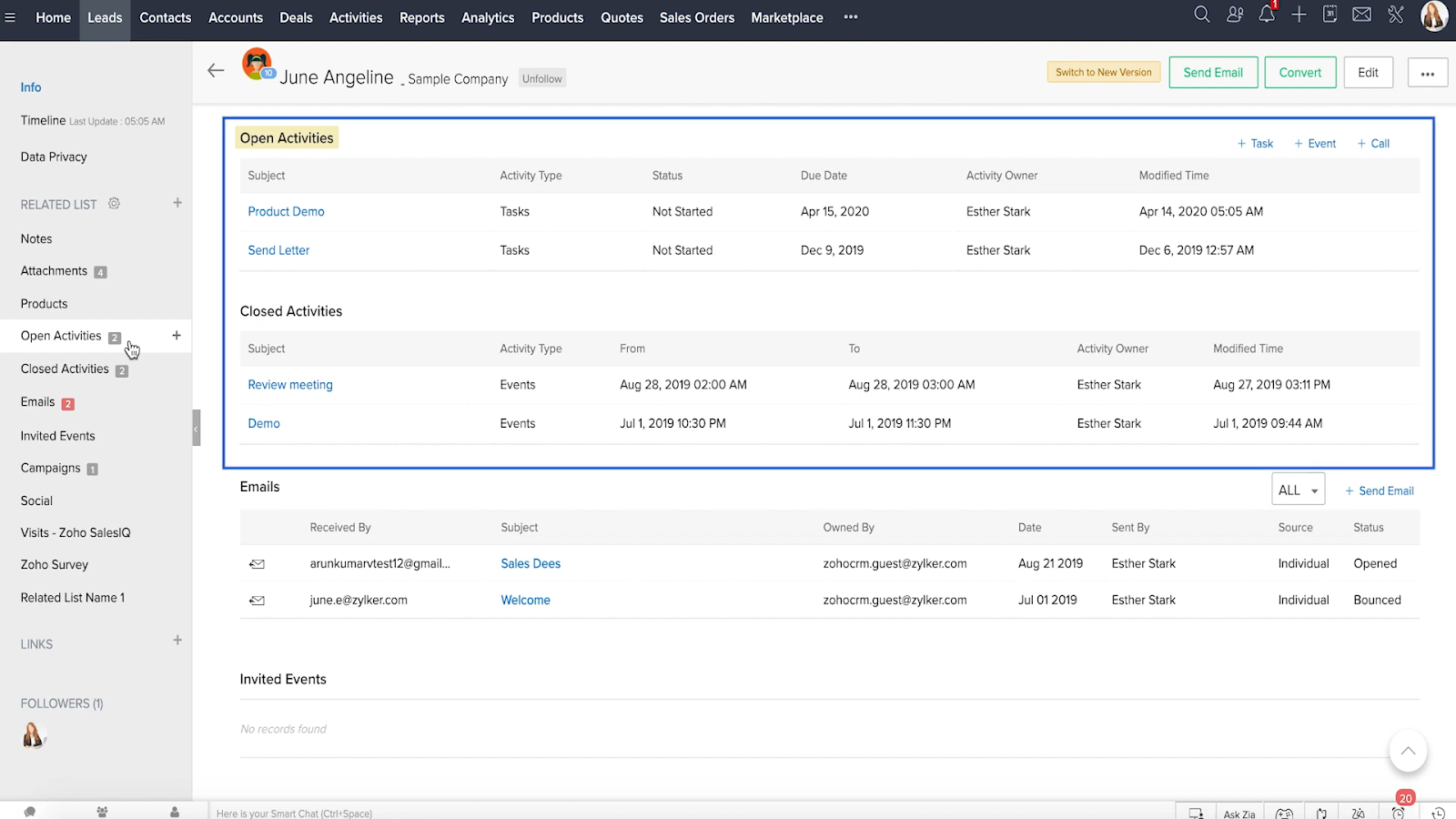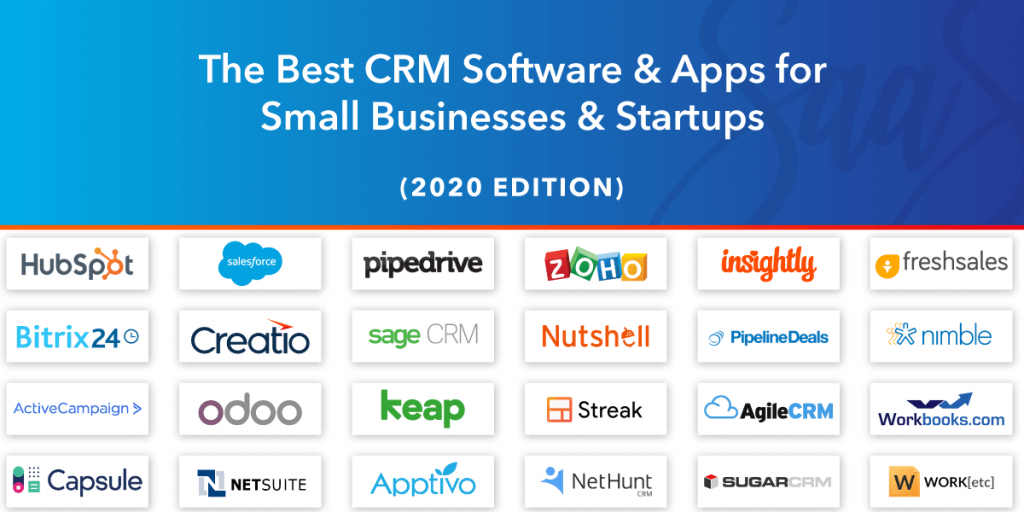
Finding the right Customer Relationship Management (CRM) system can feel overwhelming, especially for small businesses operating on tight budgets. This comprehensive guide will explore the landscape of free CRM options, highlighting their strengths and weaknesses, and ultimately helping you determine if a free CRM is the right fit for your business. We’ll delve into key features, address common concerns, and provide actionable advice to ensure you choose a solution that optimizes your sales processes and boosts overall efficiency. This isn’t just another list; it’s a roadmap to selecting the perfect free CRM for your unique needs and helping you grow your business.

Introduction
Running a small business demands efficiency and organization. Managing customer interactions, tracking leads, and nurturing relationships are all crucial for success. A Customer Relationship Management (CRM) system can streamline these processes, but the cost can be a significant barrier for startups and small businesses. Fortunately, several excellent free CRM options exist, offering a powerful suite of tools without the hefty price tag. This guide will explore the benefits and drawbacks of free CRMs, helping you navigate the selection process and make an informed decision that aligns with your business goals and budget. We’ll equip you with the knowledge to choose a solution that simplifies your workflow and maximizes your potential.
Frequently Asked Questions (FAQs)
- Q: Are free CRMs really powerful enough for my small business?
A: Many free CRMs offer surprisingly robust features. While they may lack some advanced functionalities found in paid versions, they often include core capabilities like contact management, lead tracking, and basic reporting, sufficient for many small businesses. The key is to carefully assess your specific needs and choose a system that aligns with them.
- Q: What are the limitations of free CRM software?
A: Free CRMs often have limitations on the number of users, storage space, and advanced features. They might also offer less robust customer support than paid alternatives. Understanding these constraints beforehand is essential to avoid potential frustrations down the line.
- Q: Will I need to upgrade to a paid plan eventually?
A: This depends entirely on your business’s growth and evolving needs. A free CRM can serve as an excellent starting point. However, as your business expands and requires more advanced features or user accounts, upgrading to a paid plan might become necessary.
Contact Management
Effective contact management is the foundation of any successful business. A CRM streamlines this process, ensuring you never miss a beat. Free CRMs, while offering fewer bells and whistles than paid options, still provide excellent contact management tools.
- Centralized Database: Keep all your customer information—contact details, communication history, purchase records—in one easily accessible location. This eliminates the chaos of scattered spreadsheets and ensures everyone in your team has the same up-to-date information.
- Customizable Fields: Tailor your contact profiles to include specific data points relevant to your business. Need to track birthdays for personalized marketing campaigns? Or perhaps note a client’s preferred communication method? Free CRMs usually allow for this level of customization.
- Import/Export Functionality: Seamlessly transfer existing contact data from other sources into your CRM and vice versa. This prevents time-consuming manual data entry and ensures accuracy.
- Segmentation and Filtering: Organize your contacts into meaningful groups (e.g., leads, customers, partners) based on various criteria (industry, location, purchase history). This allows for targeted communication and personalized marketing efforts.
- Automated Reminders and Follow-ups: Set reminders for important tasks, such as birthdays, follow-up calls, or contract renewals. This ensures you stay connected with clients and maintain strong relationships.
Lead Tracking and Management
Turning prospects into paying customers is vital for any business. Free CRMs offer valuable tools for tracking and managing leads effectively. While they might not have the sophisticated lead scoring and automation of paid versions, they still allow you to keep track of your pipeline and nurture leads to conversion.
- Lead Capture Forms: Integrate forms directly into your website to capture leads efficiently. This allows you to collect valuable information about prospects without manual data entry.
- Lead Scoring (Basic): While free CRMs might not have sophisticated lead scoring systems, they often offer basic features to prioritize high-potential leads.
- Sales Pipeline Visualization: Track the progress of your leads through various stages of the sales funnel. This gives you a clear overview of your sales performance and identifies bottlenecks.
- Activity Tracking: Keep tabs on all interactions with leads, including emails, calls, and meetings. This allows you to build a history of your engagement and personalize communication.
- Reporting and Analytics (Basic): Free CRMs typically offer basic reporting capabilities, such as lead conversion rates, which are essential for gauging the effectiveness of your sales efforts.
Sales Process Automation
Automating repetitive tasks frees up your time to focus on more strategic activities. Although free CRMs may not offer the extensive automation capabilities of their paid counterparts, they can still significantly automate some aspects of the sales process.
- Automated Email Sequences: Set up automated email campaigns to nurture leads and keep them engaged throughout the sales cycle.
- Workflow Automation (Limited): Some free CRMs allow you to automate simple tasks, such as assigning leads to specific sales representatives based on predetermined criteria.
- Task Management: Create and assign tasks to team members, ensuring that no tasks are missed or forgotten. This promotes teamwork and enhances accountability.
- Reporting and Analytics (Basic): Basic reports can help you to track your sales team’s progress and productivity, while identifying areas that require attention.
- Calendar Integration: Integrate with popular calendar apps like Google Calendar for seamless scheduling and management of appointments and meetings.
Customer Support and Communication
Maintaining strong customer relationships is key to long-term success. Free CRMs offer features to improve your interactions with customers, enhancing satisfaction and loyalty. While they might not always offer the same level of support as premium platforms, they provide basic but valuable tools.
- Email Integration: Manage customer emails directly within the CRM, providing a centralized communication hub.
- Communication History: Maintain a comprehensive record of all interactions with each customer for context and consistent service.
- Live Chat (Sometimes): Some free CRMs offer basic live chat functionality, enhancing the customer experience with immediate support.
- Ticketing System: For those CRMs with such functionality, the ability to create and track support tickets helps ensure timely issue resolution.
- Basic Reporting: While typically limited, basic reports may provide insights into customer support efficiency.
Reporting and Analytics
Data-driven decision-making is crucial for any business. Free CRMs, though usually offering limited reporting capabilities, allow you to track key metrics to gauge the health and performance of your business. These insights help optimize strategies, improve processes, and drive growth.
- Sales Reports (Basic): Track key sales metrics such as revenue, conversion rates, and average deal size.
- Lead Source Reporting: Identify which channels are generating the most leads to optimize your marketing efforts.
- Customer Engagement Metrics: Monitor customer interactions to assess satisfaction levels and engagement.
- Simple Dashboards: While not as visually appealing or comprehensive as paid options, basic dashboards provide a quick overview of critical performance indicators.
- Export Capabilities: Ability to export data to other platforms for deeper analysis.
Conclusion
Choosing the right CRM is a pivotal decision for any small business. While paid CRMs offer advanced functionality, free options provide a solid foundation for managing customer relationships and streamlining sales processes. By carefully evaluating your specific needs and understanding the limitations of free CRMs, you can select a solution that optimizes efficiency, enhances customer interactions, and ultimately contributes to your business’s growth. Don’t let the budget constrain your potential; leverage the power of a free CRM to achieve your goals. Remember to regularly reassess your requirements; as your business evolves, you may find the need for a more comprehensive, paid solution.
